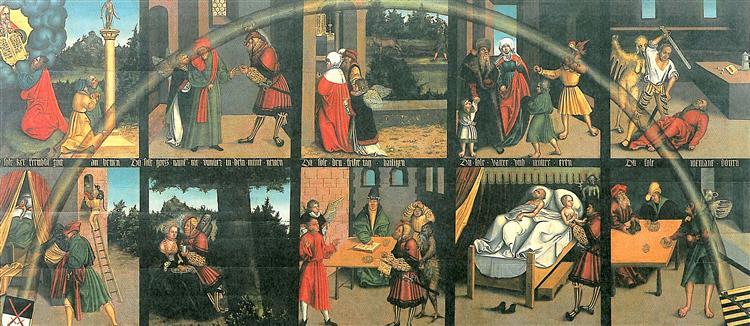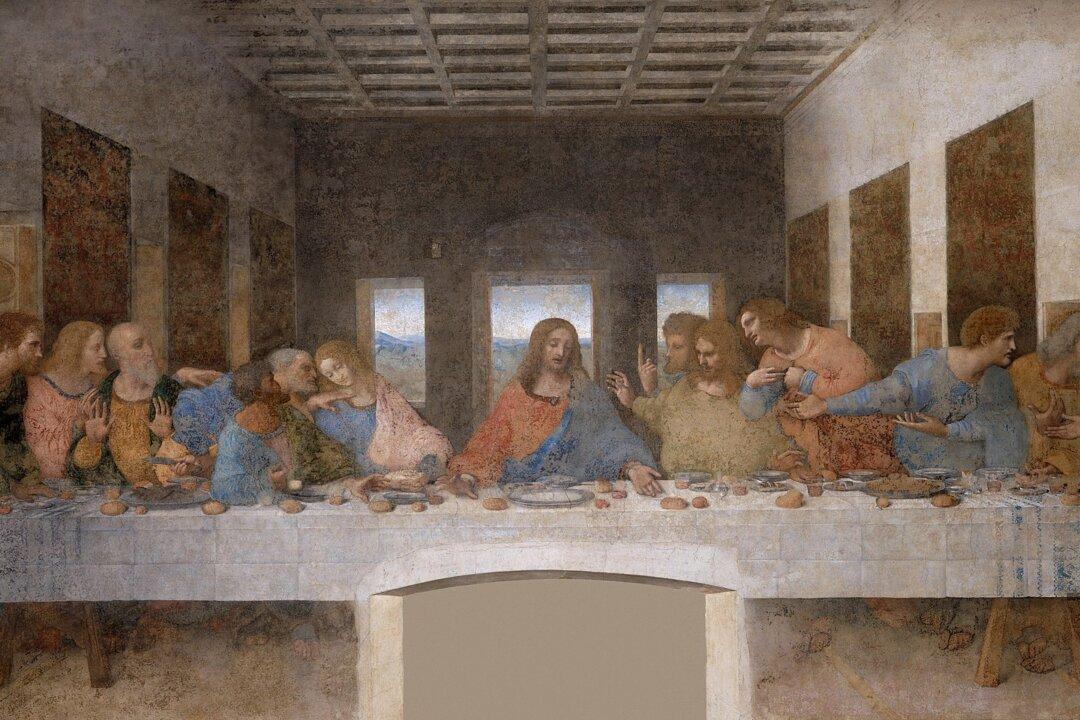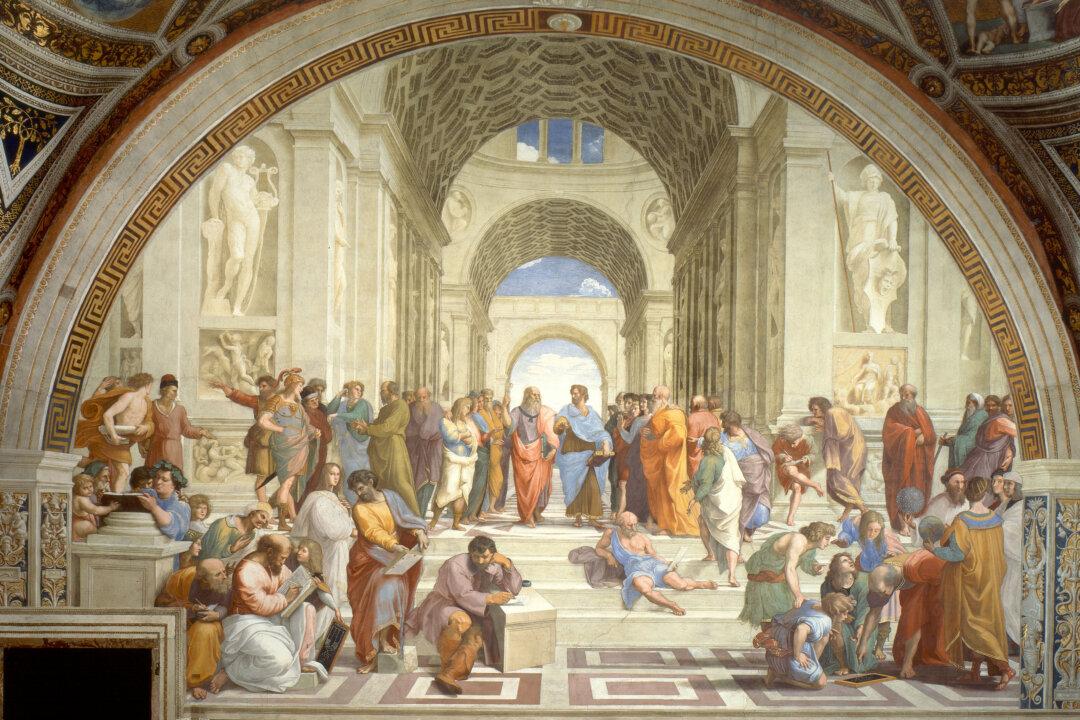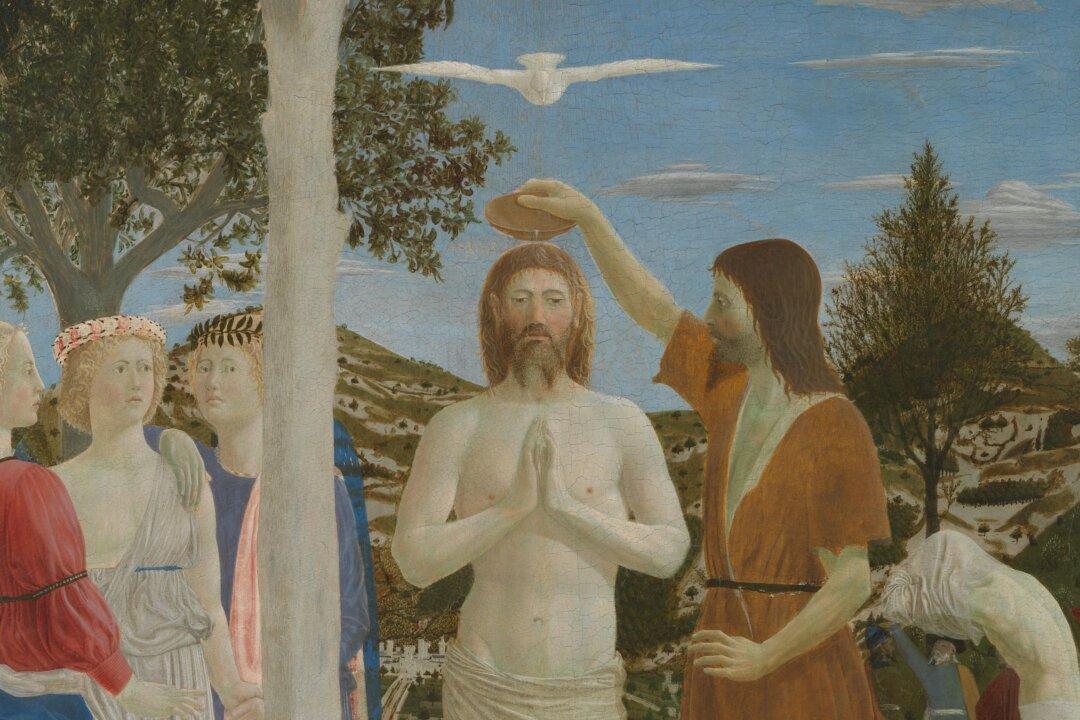Roelof Botha died in October, at the age of 86.
“Pik,” as he was known, had the honor of being the longest-serving foreign minister in South Africa, and possibly the world. “Pik” was his childhood pet name because as a little boy, when dressed in a black suit and white shirt he looked like a pikkewyn—a penguin in his mother tongue, Afrikaans.





